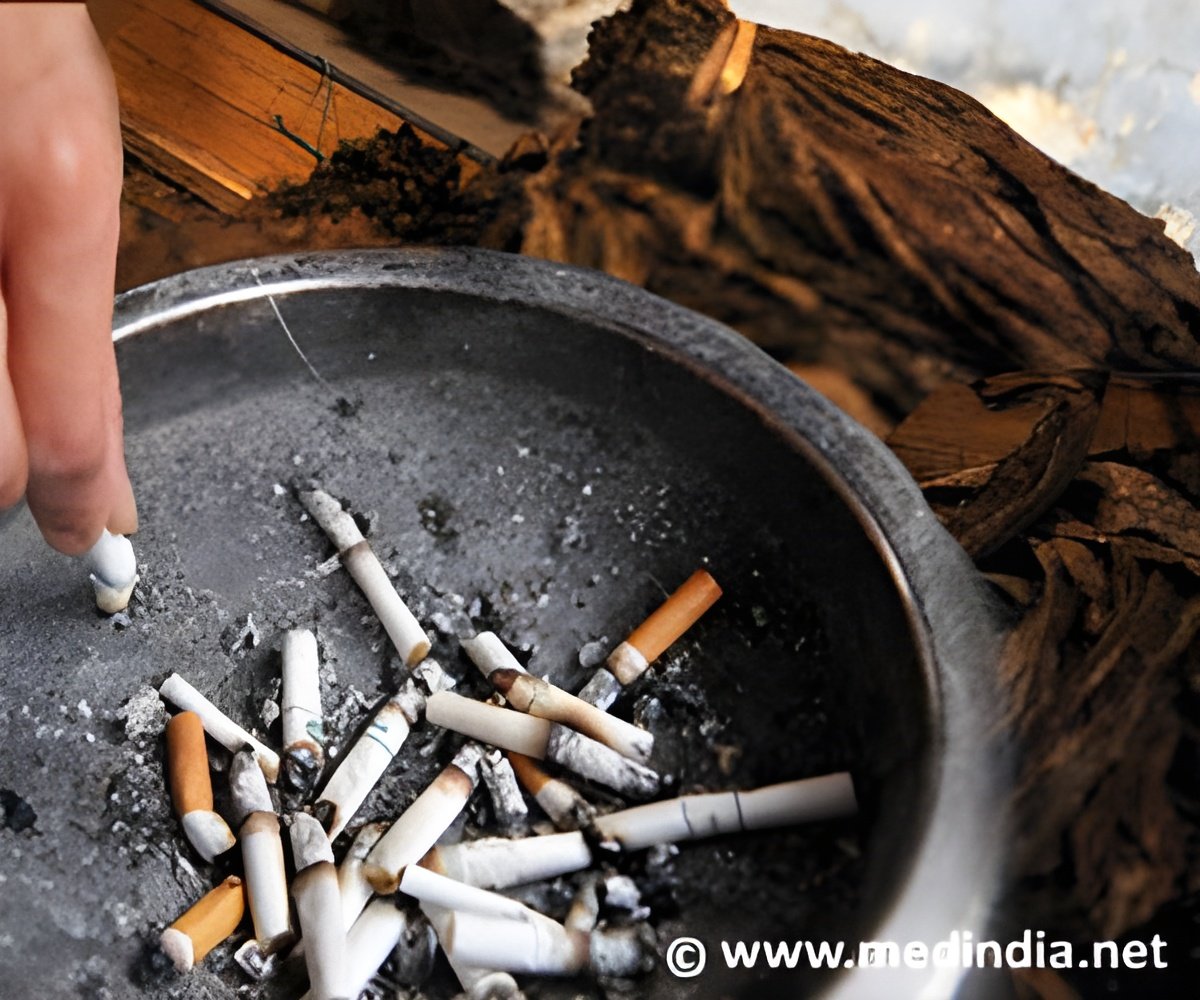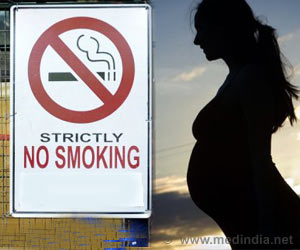Small financial incentives to quit smoking has doubled smoking cessation rates among socioeconomically disadvantaged smokers, reveals a study.

"We wanted to investigate how small and potentially cost-effective financial incentives might help safety net hospital patients quit smoking," said Darla Kendzor, Ph.D., assistant professor in the Division of Health Promotion and Behavioral Sciences at the UTHealth School of Public Health Dallas Regional Campus. Safety net hospitals provide a significant level of care to low-income, uninsured and vulnerable populations.
Researchers enrolled Parkland Smoking Cessation Clinic patients in Dallas from 2011 to 2013. Participants were randomly assigned to either usual clinic care or the intervention group. Usual care included an educational orientation session, weekly support group meetings, physician visits and pharmacological treatment. The intervention group received usual care and small financial incentives for biochemically-verified smoking abstinence.
Specifically, participants in the intervention group had the opportunity to earn $20 in gift cards for abstinence on the quit date, and this amount increased by $5 each week for continued abstinence up to $40. Thus, participants could earn up to $150 in gift cards over four weeks. Progress was monitored for 12 weeks following the quit date.
Abstinence rates were significantly higher for those assigned to the intervention group at all visits following the quit date, with 49 percent remaining abstinent versus 25 percent of usual care participants at four weeks after the quit date. Twelve weeks after the quit date and eight weeks after incentives were discontinued, 33 percent of the financial incentives group were abstinent versus 14 percent in the usual care group.
Participants earned an average of $63 in gift cards for abstinence during the first four weeks after the quit date. The clinic sees about 200 patients a year, so the cost to the clinic is estimated to be about $12,680. In contrast, the average cost of lung cancer treatment ranged from $60,533 to $73,062 per person in 2010, according to research from the National Cancer Institute. The low cost of this cessation program could outweigh health care costs associated with smoking-related illnesses, such as cardiovascular diseases, respiratory diseases and cancer, according to Kendzor.
Advertisement
"We found that women assigned to the financial incentives intervention had the highest cessation rates, which was surprising because women often have lower cessation rates than men participating in treatment," said Kendzor.
Advertisement
Other investigators from the School of Public Health include Michael Businelle, Ph.D.; Insiya B. Poonawalla, M.S.; Erica L. Cuate, M.P.H.; Anshula Kesh, M.P.H., and Debra M. Rios, M.S. Kendzor and Businelle are also members of the Harold C. Simmons Cancer Center at UT Southwestern Medical Center. David S. Balis, M.D., from The University of Texas Southwestern Medical Center and Parkland Hospital was a study collaborator and is the director of the Parkland Smoking Cessation Clinic.
Source-Newswise















